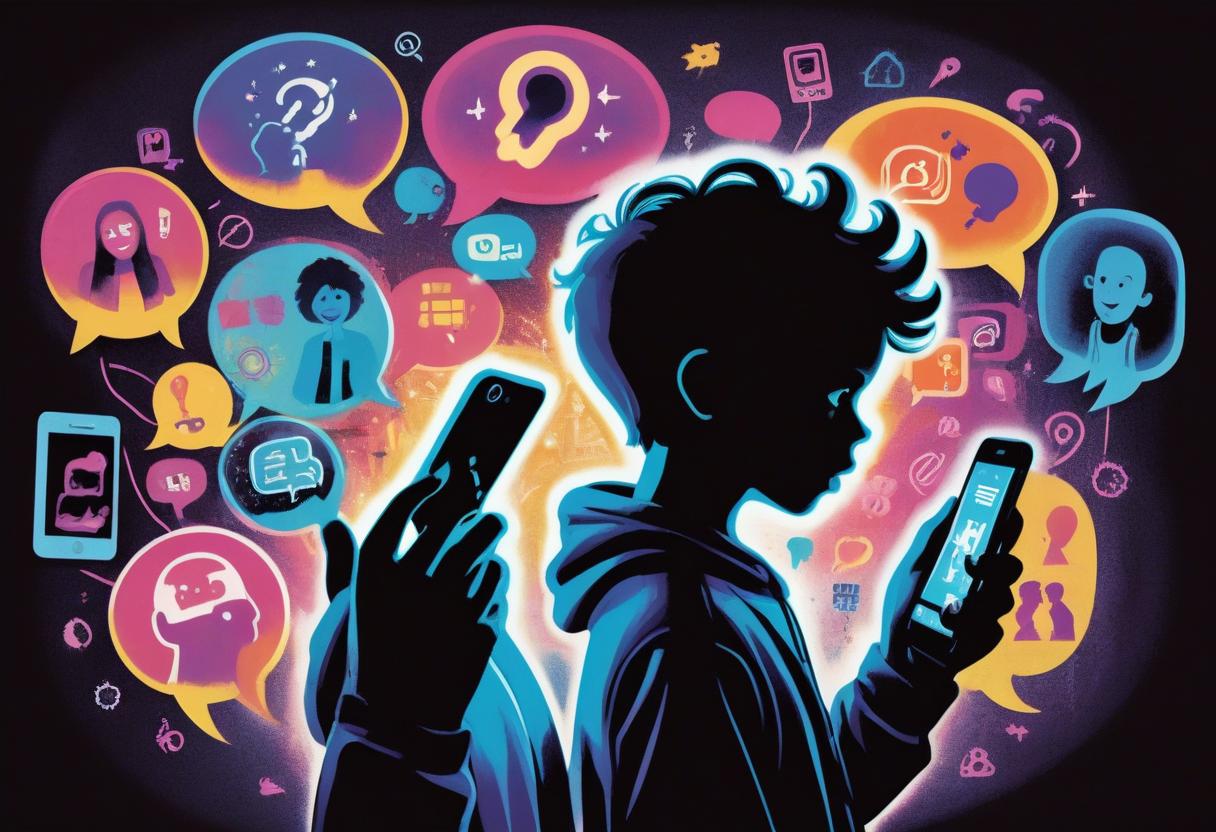In a recent discussion surrounding the mental health and cognitive development of minors, insights from research connected to a Netflix drama by mine and Stephen Graham have sparked urgent dialogue about the implications of unregulated exposure to digital content. The research suggests that the brains of children under 16 years old are not adequately equipped to navigate the harmful ideas prevalent in the so-called 'manosphere,' a network of online communities that often perpetuate misogyny, extremist views, and radical ideologies. This alarming conclusion has led to increasing calls for regulatory action from government officials, with some advocating for a complete ban on smartphones for minors. The idea of restricting access to smartphones for children is gaining traction, as parents and educators express concerns about the overwhelming influence of toxic online narratives. This issue is particularly pressing as children are often vulnerable to these harmful influences, which can impact their social development and mental health. In an age where digital devices are nearly ubiquitous, especially during formative years, it raises poignant questions about responsibility—both from tech companies and society at large. Critics may argue that banning smartphones could infringe on personal freedoms and hinder communication among peers. However, proponents of this measure contend that the current trajectory poses a significant risk to the mental well-being of the youth. They argue that a more regimented starting point for media consumption could allow for healthier developmental outcomes and better equip kids to face complex societal issues in a constructive way. The announcement stresses the need for a comprehensive review of how children's exposure to potentially dangerous ideologies via smartphones can be regulated. It's vital that solutions are found that do not compromise children's ability to develop critical thinking skills and healthy relationships. This article was analyzed and reviewed with the assistance of artificial intelligence, ensuring an objective and thorough evaluation of the delicately complex issues surrounding children's consumption of digital media. As we look towards a future where technology will only continue to proliferate, we must ask ourselves: how can we safeguard the minds of our youth without stifling their freedom? The conversation is just beginning, but it is clear that something must change to protect our children from the pervasive dangers lurking in the online world.
Bias Analysis
Key Questions About This Article




